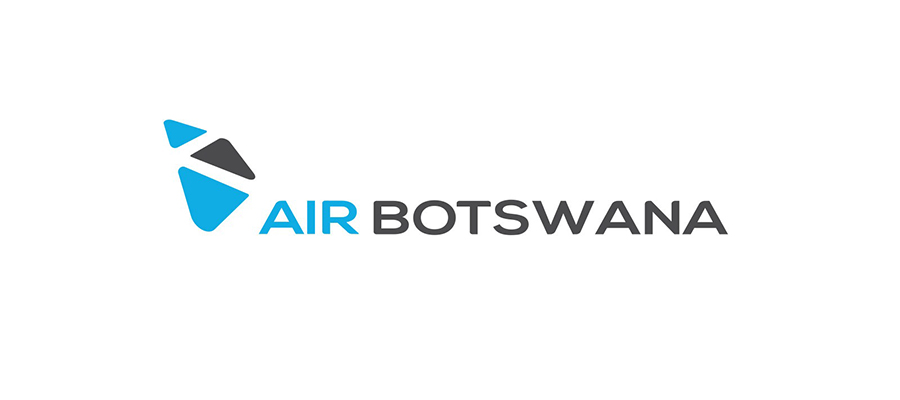HEAD OF FLIGHT OPERATIONS
1. Purpose of the Role
To lead, manage, and oversee the Flight Operations function in accordance with the terms, conditions, and limitations of the Air Operator Certificate (AOC). This includes ensuring full compliance with national and international aviation regulations, optimizing operational efficiency, promoting cost-effective practices, and upholding the highest safety standards. The role requires strategic planning, cross-functional coordination, and interaction with Executive Management and stakeholders to support seamless airline operations.
2. Key Functions
- Regulatory Compliance: Ensure operations align with national and international aviation regulations.
- Operational Efficiency: Optimize crew management, flight scheduling, and aircraft utilization.
- Safety Management: Implement and enforce high safety standards and risk mitigation protocols.
- Crew Training & Development: Oversee pilot training programs and ensure ROI on training.
- Budget & Resource Management: Ensure efficient use of financial and operational resources.
- Crisis Management: Develop and implement emergency response and contingency plans.
- Performance Monitoring: Track flight schedules, on-time performance (OTP), and overall efficiency.
- Customer Experience: Enhance reliability and service quality to exceed passenger expectations.
- Innovation: Introduce technologies and process improvements to elevate operational standards.
3.Principal Responsibilities and Accountabilities
- Translate divisional strategic objectives into departmental performance metrics and oversee execution.
- Promote a superior customer experience through reliable and efficient flight operations.
- Drive continuous process improvement and cost-efficiency in Flight Operations.
- Stay informed on industry developments and implement best practices.
- Establish and enforce departmental standards for operational safety and security.
- Oversee Quality and Safety Management strategies, policies, and procedures at the departmental level.
- Ensure compliance with all relevant Botswana and international aviation regulations.
- Develop documentation and implement procedures that meet IOSA and best industry practices.
- Monitor and update flight operation manuals and ensure command competency classifications.
- Manage performance of team members through performance contracts, PDPs, and regular reviews.
Minimum Education requirements
- Academic Qualification: Bachelor’s Degree in Commerce, Business, or a related field.
- Professional Licenses: Airline Transport Pilot License (ATPL) or Commercial Pilot License (CPL).
- Additional Training: IATA Flight Operations Management course or equivalent certification.
Minimum Experience requirements
- Flight Experience: Minimum of 10,000 flying hours as Captain on large aircraft (as defined by the Civil Aviation Authority of Botswana).
- Professional Experience: At least 10 years post-graduate experience, with a minimum of 5 years in senior management and as Pilot-in-Command in a commercial transport operation.
- Desirable: Experience as a Training Captain for a minimum of 2 years will be an added advantage. Experience may be on large aircraft if the AOC holder operates such, or on small/large aircraft where applicable.
- Experience as an IOSA auditor in the disciplines of Flight Operations (FLT), Operational Control (DSP) and Cabin Operaions (CAB) will be and added advantage.
APPLICATION PROCESS
If you are ready to take on this exciting leadership role, please submit the following documents:
- A detailed Curriculum Vitae (CV)
- A cover letter outlining your interest and suitability
- Contact information for three (3) professional referees
Closing Date: 2nd June 2025, 16:30 hrs
NB: All applications must be submitted online. Only shortlisted candidates will be contacted.
